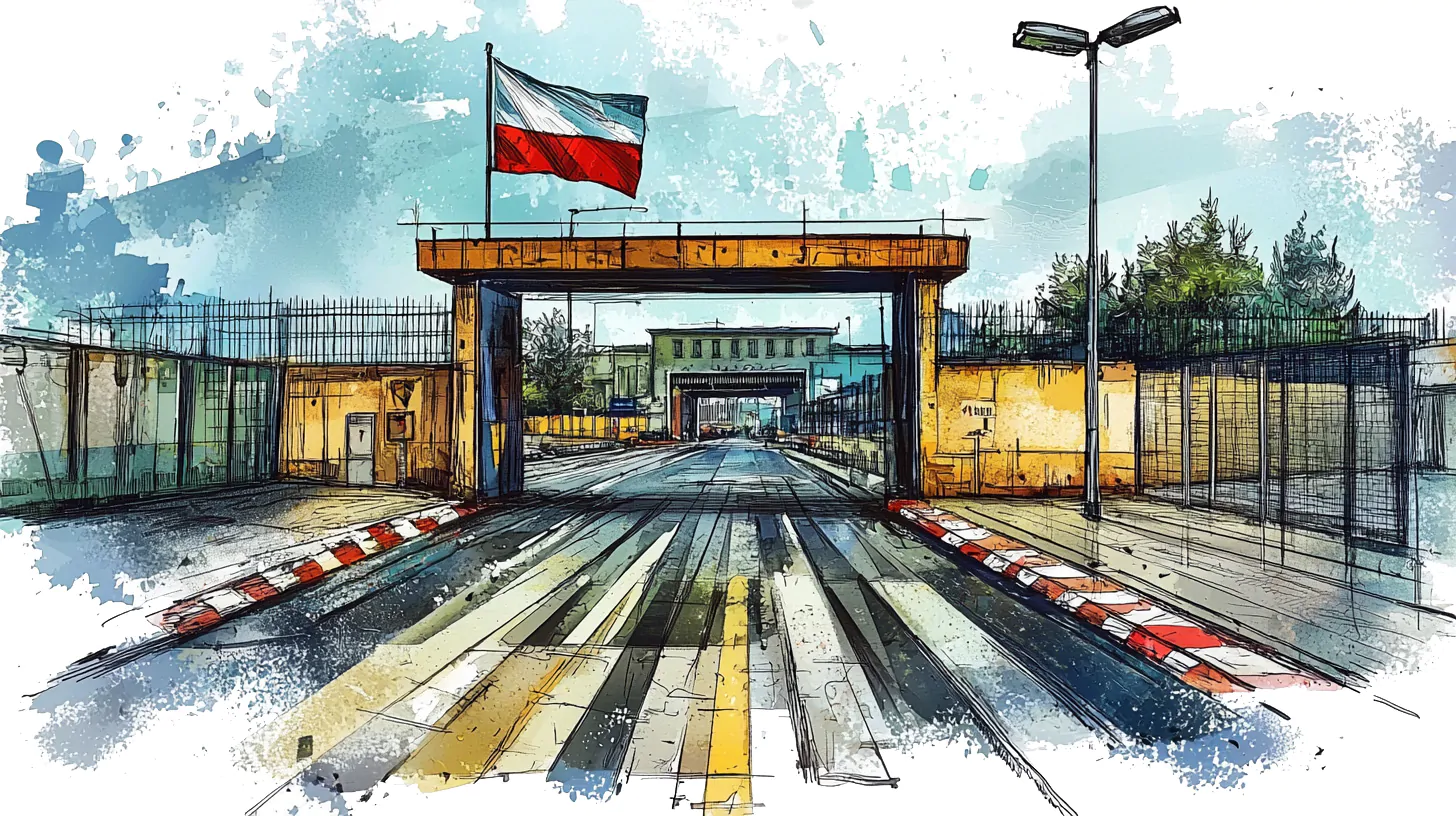The relations between Germany and Poland, already difficult as they are, have suddenly gone even tenser. The reason is that both countries are declaring and strengthening the fight against illegal migration. However, Poland believes Berlin does not have a right to limit migration using the same methods as Warsaw. What is exactly happening and how far will this conflict go?
On Thursday, September 12 Potsdam, the capital city of the federal state of Brandenburg, was expected to host the M100 Media Award, which should go to Polish PM Donald Tusk in 2024. But Tusk will not be visiting Germany to attend the award ceremony.
It became known at the same time that Chancellor Olaf Scholz who was expected to make a welcome statement for Tusk also had some important business to attend to. The profile of this international event reduced so dramatically becoming a surprise for almost everyone.
The reason for the cancellation is another deterioration of the ties between Poland and Germany over Berlin’s intention to impose controls at borders with its neighbours. It all started from the order of Germany’s MoI head Nancy Fraeser she gave on September 9 to impose temporary controls over all the country’s land borders from September 16 to curb illegal migration.
There are quite active debates regarding countering migration in the German society, the public dissatisfaction with the government’s migration policy has been steadily growing. According to a recent ZDF poll, 71 per cent of Germans are convinced that their country cannot accept ‘the great number of refugees from crisis areas’, although only 42 per cent thought that only half a year ago.
Playing its role in this was the August incident in Solingen (North Rhine-Westfalia), where a Syrian carrying a knife killed three persons and injured eight more. The declining popularity of Chancellor Scholz is also worth considering, with him desperately trying to stay at the helm and taking various steps to improve Germans’ opinion of him.
The elections of the Landtags in Saxony and Thuringia, which took place on September 1, became a complete failure for the ruling coalition. At the same time, the right-wing Alternative for Germany, which opposes uncontrolled migration, has seriously strengthened its positions there. Over 70 per cent of Germans are negative about Scholz’s policies.
Polish elites have immediately called this a confrontational move. ‘It is practically a withdrawal of the Schengen Agreement. Such actions are unacceptable for Poland’, said the Polish PM Donald Tusk.
According to him, Poland will ask other countries impacted by Berlin’s decisions on strengthening the control at German borders to conduct urgent consultations at the European level. ‘I have no doubt that it is the domestic state of affairs in Germany, which causes these measures getting tougher, not our policies on the illegal migration at our borders’, Tusk remarked with confidence.
The Polish authorities have already received relevant instructions. ‘Today, we have once again faced a unilateral decision of Germany [to impose control measures at the borders], which influences other states in the Schengen Area. We are planning to have this matter discussed by the European Commission’, said Poland’s MFA Head Radosław Sikorski in an interview to Le Monde.
This measure caused various reactions in Europe. For example, Hungary’s PM Viktor Orbán wrote in a post: ‘Bundeskanzler Scholz, welcome to the club’. So far, the Netherlands have protested over the economic barriers caused by the new measure. However, the Poles were the only ones to express real concerns and ‘turned up the heat’ about the border issue in Europe.
Why are only the Polish elites so upset? The Polish publicist Machey Vishnevsky responds to this question in this way: ‘Thousands of refugees wishing to reach Germany will remain in Poland and Germany’s new step to close its borders means that Scholz’s government no longer intends to ‘retreat’, the controls they have introduced will last long, for half a year. And this is what Warsaw does not want to happen at all.
On the one hand, Poland is criticising Germany’s migration policy demanding a stricter approach to the reduction of flow of illegal migrants through the border between Poland and Belarus. While at the same time, the Polish authorities boil over when Germans send migrants back to Poland’.
The June case when the German border police expelled Afghan refugees back to Poland caused the hottest response. Tusk called the incident unacceptable. Overall, the only thing Poles care about is to have as few migrants in Poland as possible.
What will be Tusk’s steps going forward? Most probably, in the east, Poland will end up again fortifying its border with Belarus, which looks almost insurmountable already now. From the perspective of Poland’s relations with its western partners, this will cause active ‘shattering’ of German’s positions in EU, which Poland has been quite busy doing in the recent years.
Moreover, there are already serious tensions between the two states. First, these are about Germany’s compensation after the Second World War and, second, about Berlin’s suspicions that Poland allegedly helped Ukrainian subversives whom the German government believes to be to blame for blowing up the Nord Stream gas pipeline in 2022. Which means that Tusk’s refusal to receive the prize on September 12 can be just the first step in a series of complications in the relations between Warsaw and Berlin.

